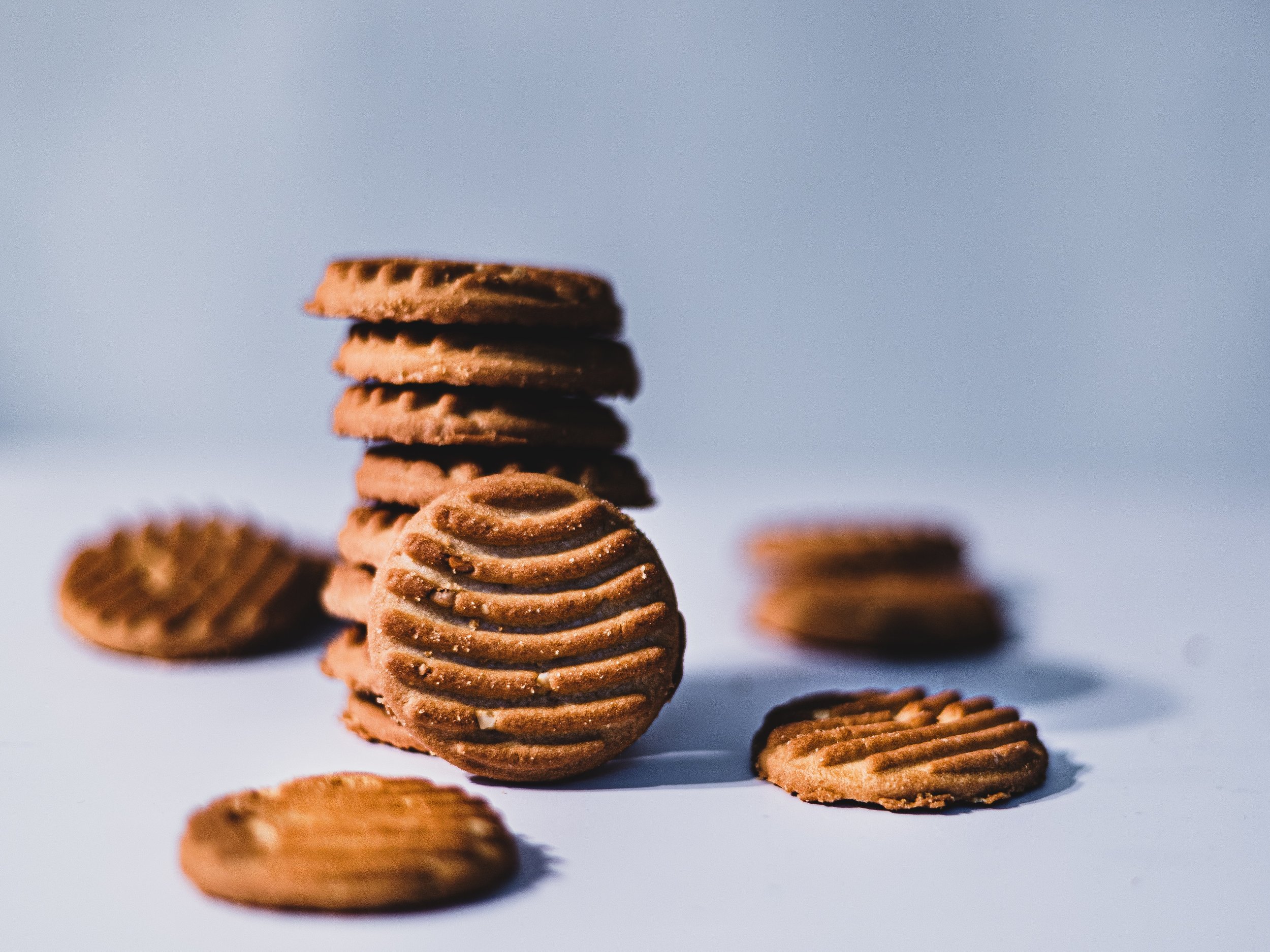Change your life by updating your habits
First things first.
Nico has seen great success in his career by skipping the fads and concentrating on what truly creates long-term behaviour change with his clients. He swears that habits are the backbone of success.
Our lucky clients get to work with Nico and his strategic view on how they can make the most effective changes in their lives. Deprivation has no place here, it's all about creating an enjoyable routine that makes the biggest impact on your health goals.
Read below to see how Nico helped a client change her quality of life within 7 months through habit change. And you know what? It all started with a 10min walk.
What is a habit?
In plain English, it’s something we do every day, almost without thinking.
To maintain a healthy lifestyle through the years we need to make it a habit. So, it stops being a struggle to become the way you live.
We are going to go through three simple concepts that will help you create healthy habits:
Focus on what you can control
Start small
Act then change.
First step: Focus only on what you can control
When it comes to our health this is something I hear daily:
“ I have no time to cook healthy”,
“ The weather is not helping”,
“ I can’t make time to go to the gym (because of (location/price/motivation)”
We are also constantly looking for perfection, waiting for the ideal day to start taking action.
“Next Monday I will start my workout routine”,
“After Christmas, I will start dieting, there’s no point starting now”,
“It’s almost the end of the year, next year I will focus on my health resolution”
DO THESE RESONATE? It definitely resonates with me.
Truth is that we are making up excuses, instead of focusing only on what is under OUR CONTROL and doing something about it. How do you get out of this loop of excuses when it comes to being healthier?
First, stop thinking about the “healthy diet” as a restrictive and temporary diet that has a start and finish date. A healthy diet should be your lifestyle, not restrictive but balanced. So you can start working on it TODAY.
Second, focus on what you can control. You can’t control the weather or a flight cancellation at the last minute, but you DEFINITELY can look for options to exercise at home or find a healthy food option.
If you feel you don’t have time to cook, you only need to dedicate two hours of your time to cook for the whole week. So maybe it’s only a matter of better time management and organisation.
Again, focus on your sphere of control and what can you change to create your healthy habit and reach your goal.
Your Sphere of Control:
Sometimes you may feel you can influence the way things go, that is, you feel in control. But other times you may feel that you have no control over how things go, that is, you feel out of control.
The degree to which people feel in control over how things go in their lives is often studied as a feeling of “locus of control”, an important concept in psychological research.
The spheres of control are a more sophisticated way of studying locus of control, because people may feel in control in one domain but not in another.
The spheres of control scale distinguish three spheres:
Sphere 1: Circle of Control: things are 100% under our control: our actions, what we do/ what we don’t do / how we react.
Sphere 2: Circle of Influence: the concerns we can do something about, directly or indirectly. For example, how my kid behaves, the work environment, etc.
Sphere 3: Circle of concern: Things we have no control over or influence over, for example, the weather or political decisions (if we are not a politician, of course).
Sphere of control
We need to focus all our energy on the things we can control and influence. And the things out of our control, we need to accept and let them go! Acceptance does not mean that you like it or approve, it means that you recognise the reality of a situation and do not resist it or deny it.
Acceptance is not easy. While we are able to list what we could control and influence, we struggled emotionally to accept what is outside of our control/influence. Once you let go of those things you can’t control, you will feel lighter and more in control of your life.
Second: Start Small
Once we clearly identify what we can do, we start but start small and patient.
Habits take time to master. According to science, developing a new habit takes around 200 days and not 21 days as you can see in some magazines. Of course, every person learns at a different pace, be gentle to yourself.
By saying this I want to show that incorporating a new habit takes effort, consistency and (again) daily PRACTICE. This is where working with a nutritionist can help. Fortnightly support, alternative options and above all - accountability to help you through your habit formation journey.
Think about stuff such as brushing our teeth, having a shower every day, having a coffee every morning, checking social media etc. Easy, right? because we do this automatically: it’s a habit.
If your goal is to be healthier, you need to build healthy habits. Does this need to be something complex? Hell no! even a 5 min action will make a HUGE difference. Read the client case below to see what small habits grow into.
If your goal is to eat healthier, start with one meal a day. Don’t change your entire menu from one day to another, this will make it really hard for you to maintain. Start small and be consistent. That’s the key. Overeat at dinner? JUST focus on portion sizes at dinner time for a week, then go from there.
Third: Action first, then change
This is something I talk to my clients about A LOT.
This small action we talked about it doesn’t have to be perfect. A simple swap of a portion, a small reduction of a portion.
Your goal might be to eat the necessary amount of protein per day but you can start by adding more protein to one meal. It will not be enough but it’s better than yesterday. And from there you keep building up.
A real client example
I worked with a female client who had the following concerns:
Lack of concentration
Poor memory
Difficulty making decisions
Chronic fatigue/lethargy
Prone to pain when it's cold
Hair loss
Constant watery eyes
Fluid retention
Mood swings before her period
Menstrual pain and breast pain
Constant cravings
Binging on food and alcoholic beverages
Stress level from 1-10 was 10
Sleep problems from time to time
Trouble relaxing
In our first consultation, she said to me: “Nico, I want to lose weight but I don’t want to make many sacrifices in my diet, and that includes exercise too, I don’t like exercising”
My client needed to focus on the things she enjoys, and then we started small and built from there.
Long story short, in 7 months without a restricted diet my client was able to lose 7kg, more than 8cm of waist and 6cm of hip circumference, also:
“This all started with a 10min walk around the block and adding 1 portion of protein to her current eating habits.”
Recovered her confidence and stamina,
Reduced stress levels,
Improved digestive issues,
Improved sleep,
Improved energy levels,
Reduced menstrual pain
Learnt how to deal with cravings
We worked together on applying systematically small habits and once she mastered them, we picked another one. At the end of the 7 months, she incorporated strength training 3 times a week and high-intensity training two times a week plus 7000 steps a day and hitting her protein targets. This all started with a 10min walk around the block and adding 1 portion of protein to her current eating habits. See? She understood the importance of taking action and starting small but consistently, she went from a fixed mindset to an open mindset.
Remember…
“An imperfect action beats a perfect inaction every single time “and this is applicable to any aspect of your life.
If you want to work with Nico, he is available online here. If you want to know more about what Nico does, check out his profile and available hours here.






























